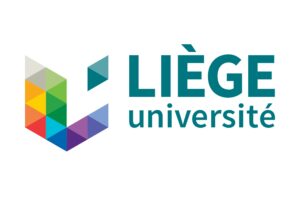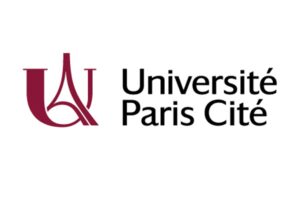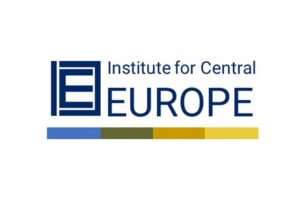Proje ct Partners & Team Members

Project Partners
ACRONYM consortium is led by the Institute for Central Europe in Slovakia. The international academic partners are the University of Liège in Belgium and the Université de Paris in France.
University of Liège 
The University of Liège (ULiege) hosts the Hugo Observatory, a research centre dedicated to the study of migration and climate change.
The Hugo Observatory is a research center committed to the study of interactions between environmental changes, human migration, and politics. It conducts both theoretical and empirical field research and places great value on collective and collaborative work.
In recent years, it has been managing a major project on asylum governance in Europe, MAGYC (2018-2022). The project seeks to assess how migration governance has been influenced by the recent “refugee crises” and how crises at large shape policy responses on migration. The general objective of the project is to appraise policy responses in light of the ‘crisis’ and assess their efficiency for the long-term governance of migration. The University of Liège also hosts the secretariat of the IMISCOE network, the largest network of researchers on migration and asylum in Europe.
Université de Paris 
Université Paris Cité is France’s leading multidisciplinary university. It covers a wide range of disciplines, with one of the most comprehensive and ambitious educational offerings available in the world. Born in 2019 from the merger of the universities of Paris Diderot, Paris Descartes and Institut de physique du globe de Paris, the ambition of Université Paris Cité is to lead and develop an exceptional potential to meet the challenges of tomorrow’s society. With a recognized international standing, as well as a strategic portfolio of privileged academic partners throughout the world, it offers its students state-of-the-art as well as innovative courses in the field of Human, Economic and Social Sciences. Université Paris Cité is fully engaged in an experience that brings together thought leadership, pedagogical innovation in education, and excellence in research at the graduate level.
Institute for Central Europe 
The Institute for Central Europe has developed a wide expertise in policy issues, with an emphasis on their security dimension. The Institute was established as a response to an “east-west divide” appearing within the EU mainly since the ratcheting of the refugee crisis in 2015-16. Aspiring to contribute to bridging that divide through research and policy dialogue, ICE has been actively involved in research and stakeholder engagement on issues expected to shape the future of the European project. ICE has a broad regional appeal throughout Central and Eastern Europe, and a very strong international dimension, which facilitates collaborations. Gathering a dynamic team of mostly young researchers, ICE has carried out several national and international projects in cooperation with the Ministry of Foreign and European Affairs of the Slovak Republic, the Slovak Ministry of Defense and NATO.
Team member







